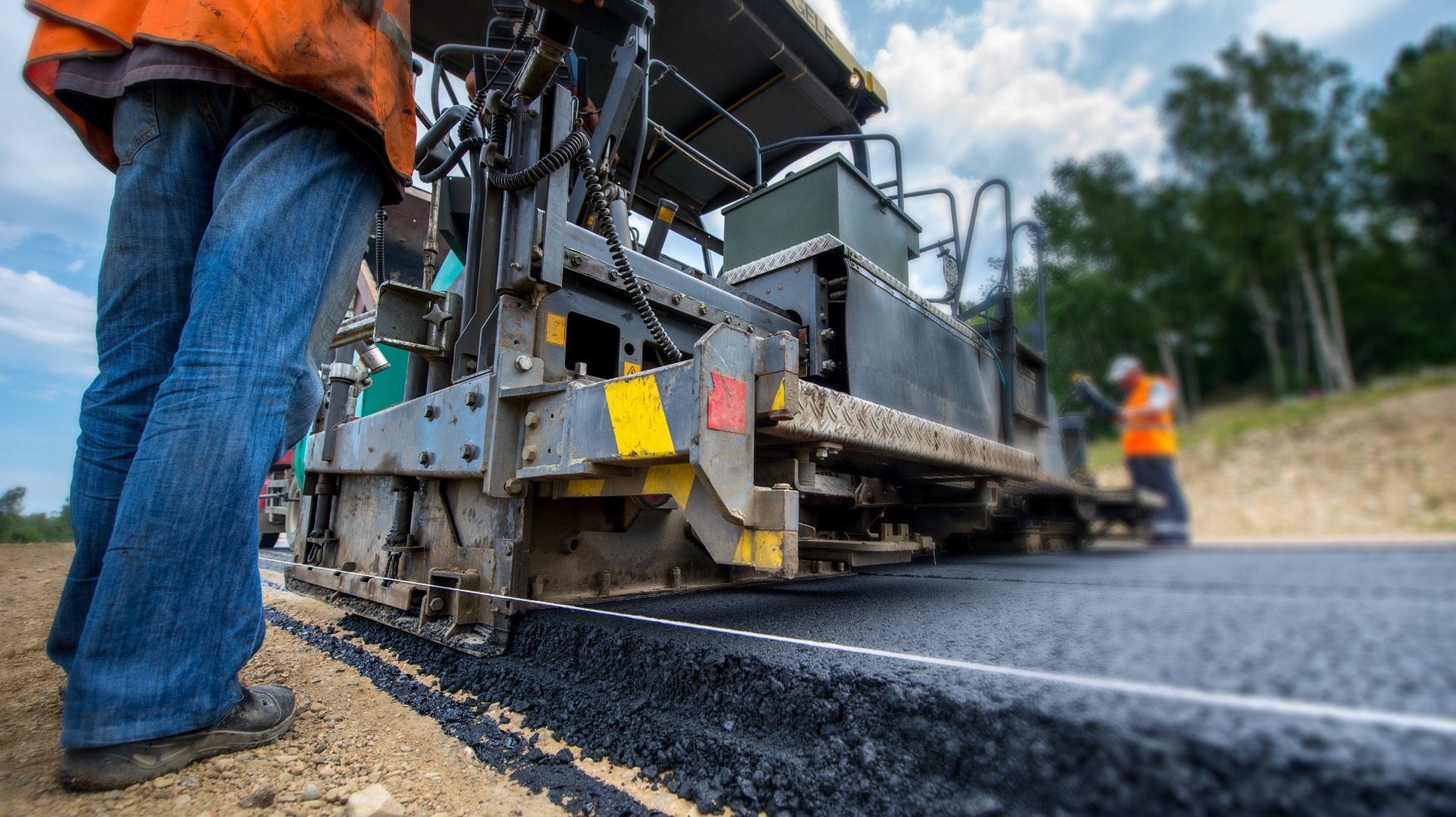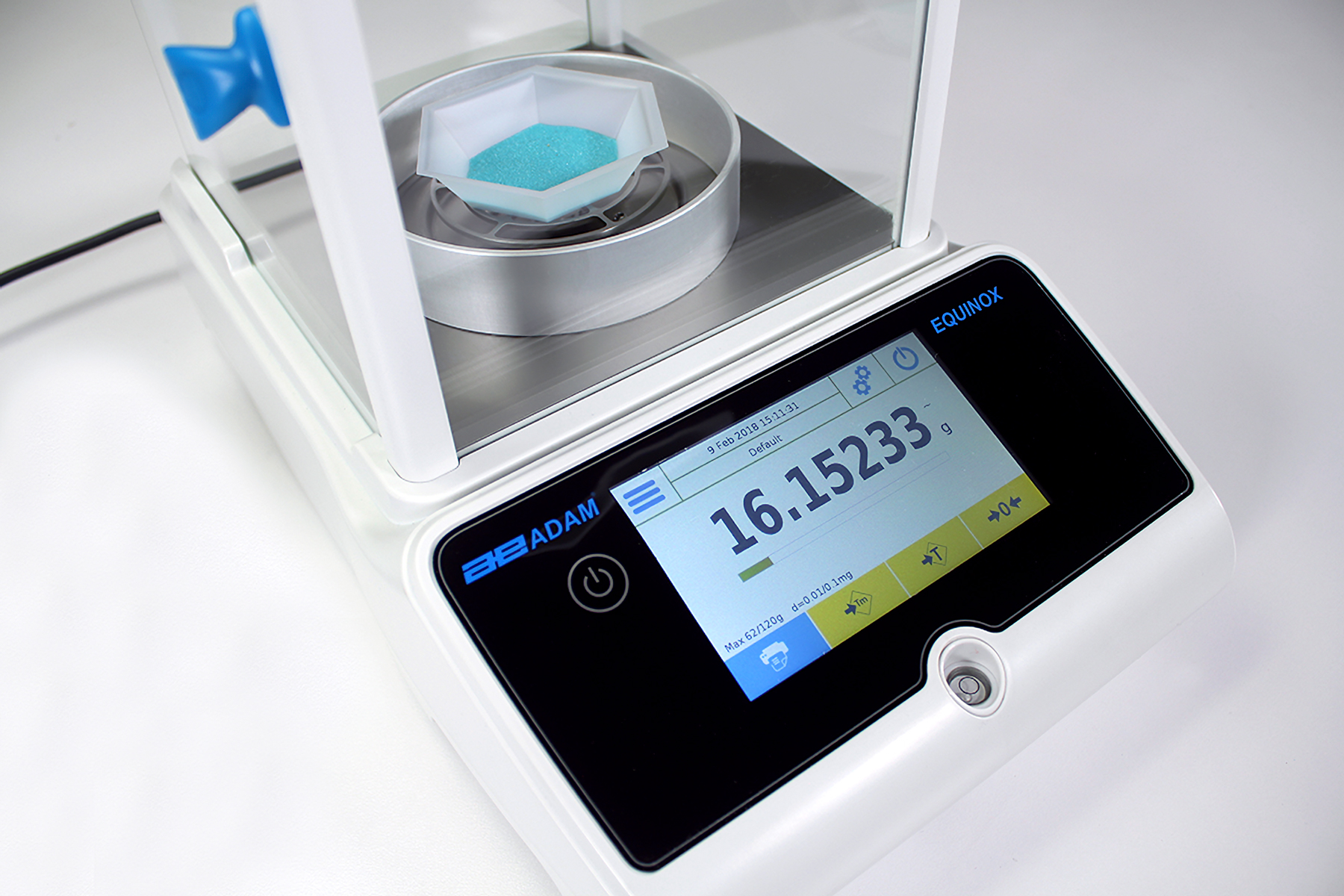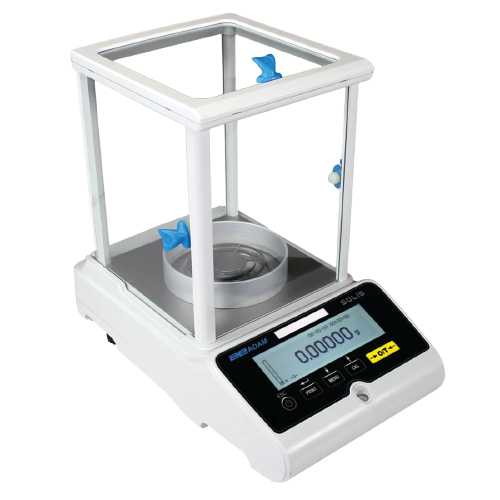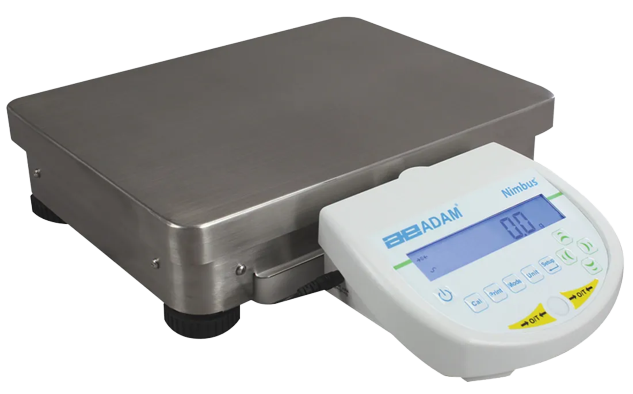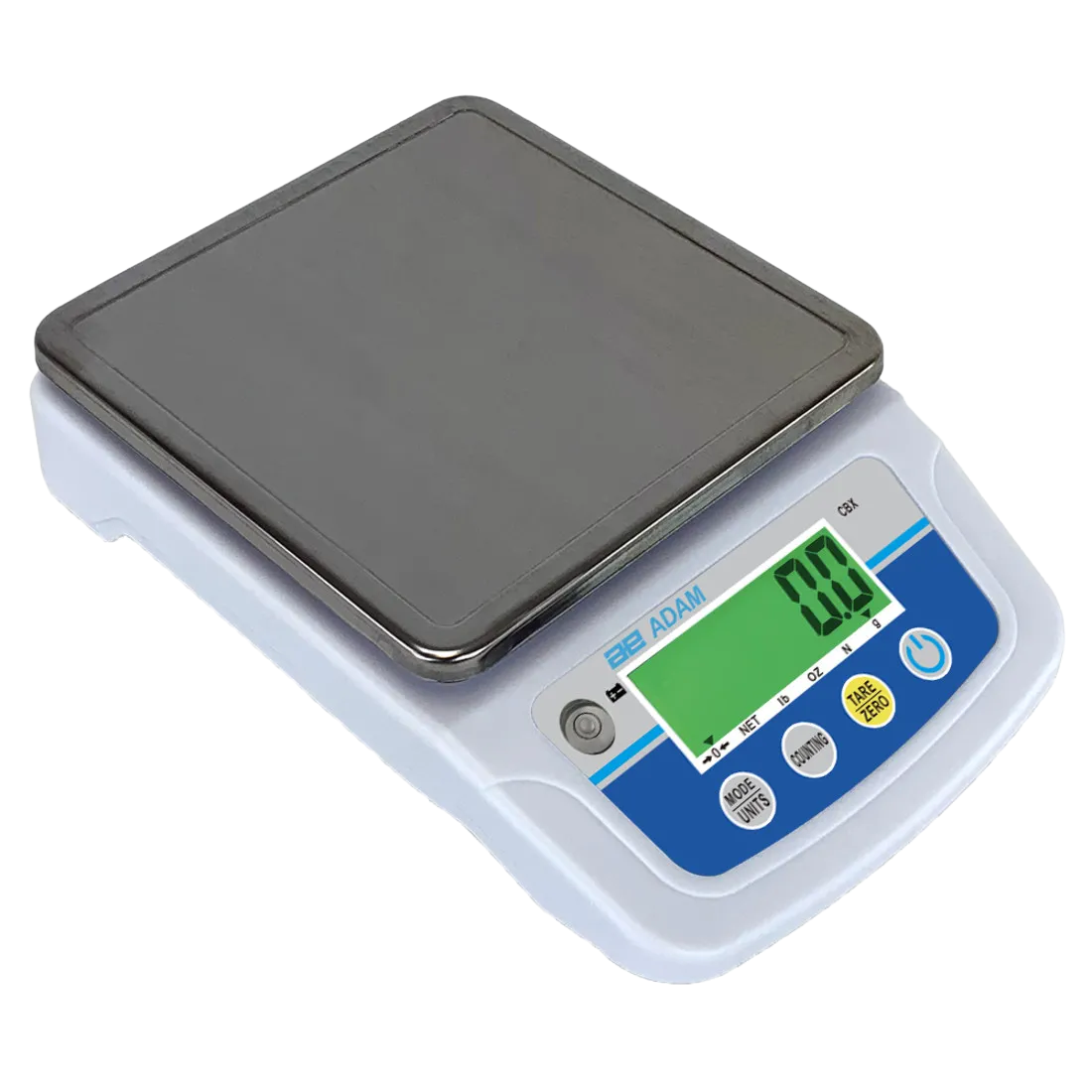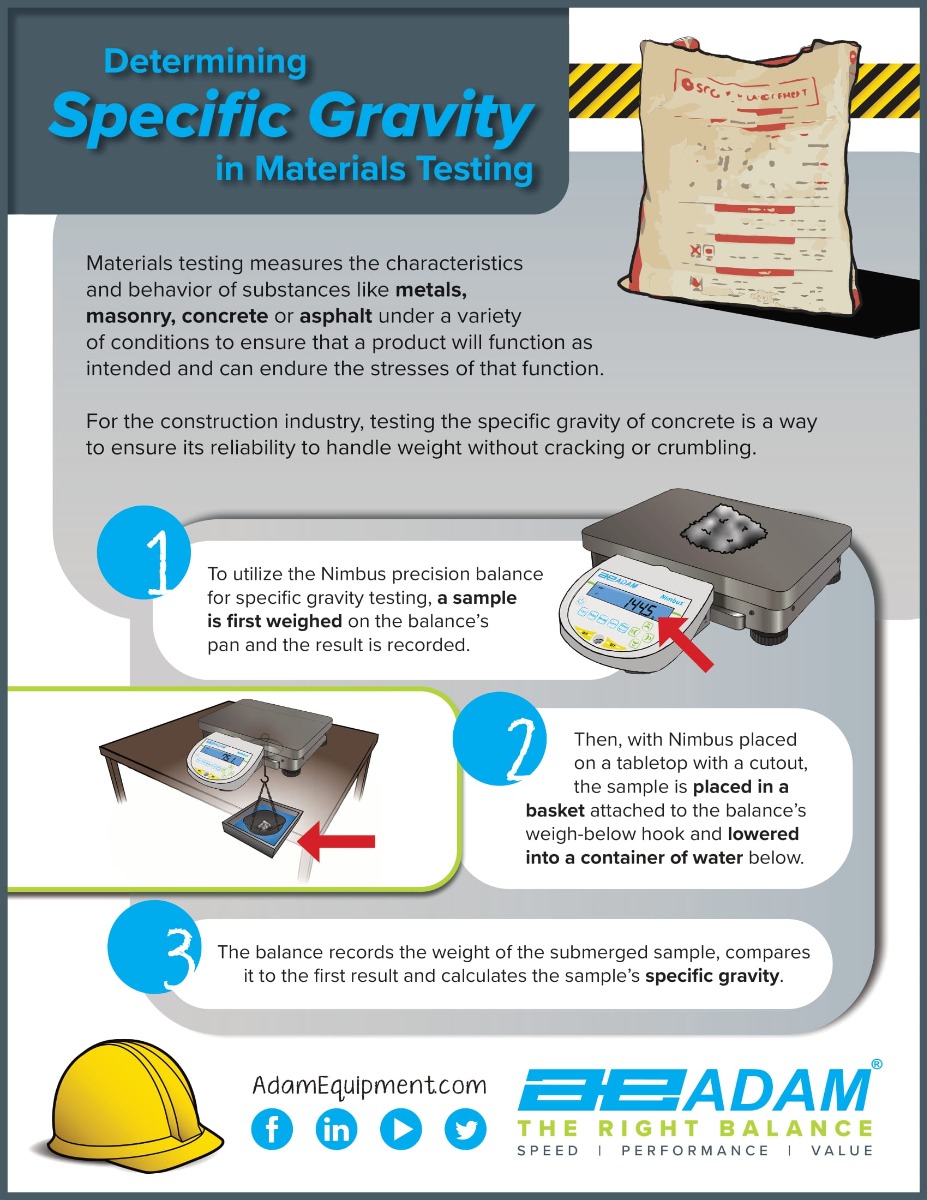Materials Testing
Our Blog

The Use of Balances in Materials Testing for Construction
In nearly any industry, the quality of the materials used can often mean the difference between success and failure. This can be particularly true for construction, where failure can have serious consequences. The research and development process typically includes a variety of materials testing applications to ensure the final product meets quality and safety standards. Balances and scales play a critical role in the testing of construction materials.

Mass Measurements in Chemistry
Digital scales, balances and moisture analyzers are invaluable tools in the field of chemistry. Dosing is essential for chemistry: a chemical that is harmless or beneficial in certain quantities can become toxic or volatile when mixed with reagents. But chemistry is a field with a lot of variation, and it can be difficult to understand which weighing devices to use. In this post, we’ll go over the different types of scales, balances and moisture analyzers, and where they fit in within the domain of chemistry.
Frequently Asked Questions
Materials testing encompasses a wide range of analytics, which vary by industry. Common tests include:
- specific gravity (also known as relative density)
- unit weight tests
- density determination
- compression strength
- flexural strength
- tensile strength
- elasticity
- permeability
- thermal expansion
- drying shrinkage
- heat capacity
The 'best' type of scale for materials testing really depends on your industry. If you’re working in construction and need to calculate density determination for concrete, a large pan precision balance with a weigh-below hook would be best for you. In a lab environment, when working with samples and measuring chemical reactions, analytical balances are a better option.
Whether you need a scale with a weigh-below hook for materials testing depends on the type of tests you’ll be performing. To determine specific gravity or density determination in a construction setting, a weigh-below hook for suspended weighing would be needed.

